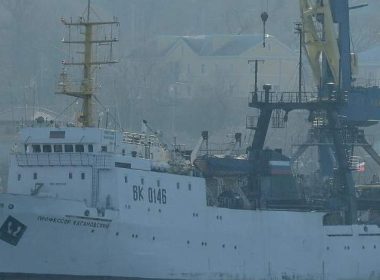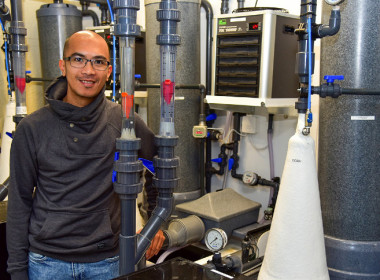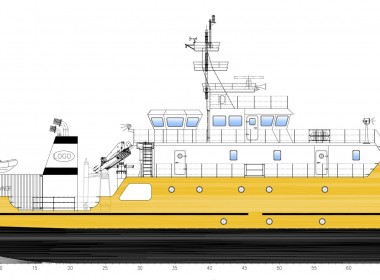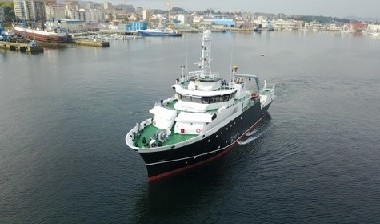New UK research identifies disease-resisting gene in salmon

A gene with a major role in resistance to a virus that can cause high mortality levels in farmed salmon and trout has been identified by a team of scientists, the Roslin Institute of the University of Edinburgh said recently.
Their discovery, made using a combination of genomics and gene editing technologies, provides insight into why some salmon are resistant and others are susceptible to Infectious Pancreatic Necrosis Virus (IPNV).
The researchers said the findings could lead to more accurate selection of breeding fish, which would contribute to ongoing successful disease control, using a process known as marker-assisted selection, in salmon farming.
The study, one of the first to apply gene editing to disease resistance in farmed fish, highlights potential applications of the technology to improve resistance in other salmon strains or similar species such as rainbow trout.
Researchers used data and samples from a previous disease study of young salmon and applied whole genome sequencing to fine-map a DNA region that had previously been linked with resistance to IPNV. Their search to pinpoint genes within a major region previously identified as affecting disease resistance highlighted a gene known as Nedd8 Activating Enzyme E1 (Nae1).
Researchers then used gene-editing technology to remove the Nae1 gene from salmon cells and, in separate experiments, used chemical methods to prevent the Nae1 enzyme formed by the gene from functioning in salmon cells.
In both cases, limiting the function of Nae1 in cells that were exposed to the virus led to a significant drop in replication of the virus in those cells.
The Nae1 gene is known to be involved in a biological process linked to the replication of viruses in other species, including in humans, suggesting that similar biological pathways may be behind IPNV infection in salmon.
The team will now focus on assessing the impact of Nae1 on disease resistance in young salmonid fish exposed to the virus.
The study was carried out by the Roslin Institute and Hendrix Genetics, together with the University of Stirling, the Centre for Environment, Fisheries and Aquaculture Science and Uppsala University.









